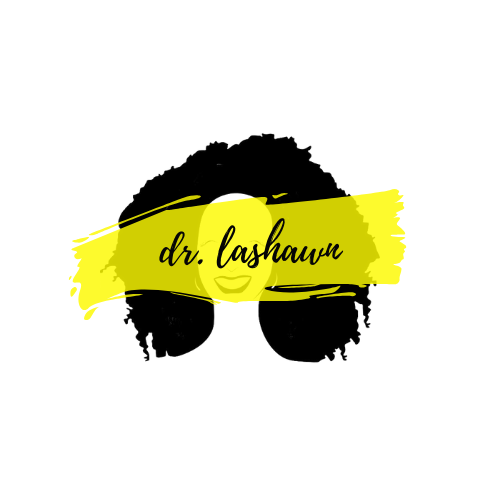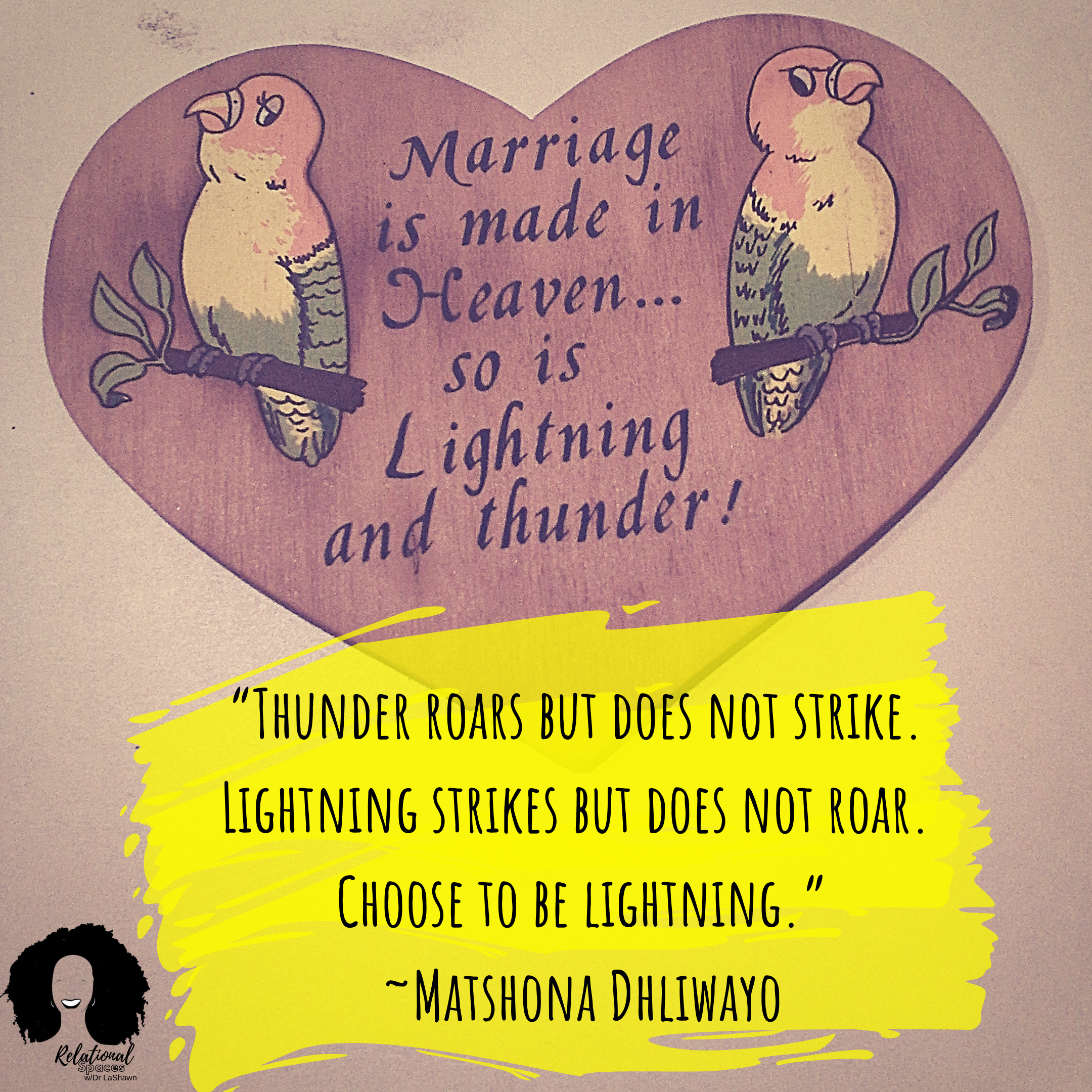I’ve been divorced for almost 3 years.
I was married for almost 10.
The last 18 months of that 10 years was the divorce process – so, actively married, say 8.5 years. My divorce was final about 40 days before what would have been our 10 year anniversary.
I hesitated to call my marriage relationship abusive, but I did notice how suffocated I felt over time. It felt safe to discuss my experiences in those terms instead of saying it was abusive. But it was abusive… emotionally abusive, psychologically abusive, relationally abusive… all of the invisible and intangible ways that show up in anxiety and depression symptoms. I had, and still have, those symptoms. That’s a story (or series of stories) for another day.
Today, I’m deciding to share my story. It’s not my “divorce” story, although that will surely come, it’s my story now as it happens and evolves and develops. It’s my realization that a divorce involving children and attempts to effectively co-parent with another person can, at times, make divorce a wound that never heals. It’s less of surviving a living death (a la Daphne Kigma’s “Coming Apart”) as it can be more of enduring an illness and its injuries and trying to heal an open wound as a result of the illness, over and over.
In my experience, it’s a wound that needs time to heal that it never fully receives. Not because the time isn’t there, but because the illness is treatable but not curable.
Every flareup is another injury. Every flareup is generally manageable but so annoying to have to live with. Every flareup won’t kill you but the process can be so thinly veiled with violence that you’re almost worried it will.
Today’s been one of those days.
A day where I had to ask myself how long it had been since he’d had a meltdown where I felt worried for my safety. I was able to think back to the last time (the weekend of July 28, 2019 – that story will come) and said to myself “oh… it’s been about three months, almost exactly, since the last time the kid’s dad has had a triggering event that results in him telling me how awful I am.”
So, here we are again.
What was said as a joke to survive my attempt at a family vacation with him for our kids – “he usually only lasts three months before he remembers that he hates me, we’ve been cordial since May – I give it til the end of July. As long as we make it to the end of the family vacation and the kids got to ride roller coasters, he can get pissed off and leave us in St. George like he did the first time we went to Disney and I’ll be fine.” – has become a reality. Every three months, he hits this low and I bear the brunt of his anger that seethes under the surface.
This is the open wound of divorce.
The heavy paradox of taking the high road when he consistently uses the low route. The reflex to guard for my safety, limit my interactions with him, try not to do anything that would provoke or feed this frightening undercurrent (like speak up for myself, argue against his attacks on my character or match his comments on my failures with my own comments/perceptions of his failures), and in all of this, probably most painfully, watching the manipulation happen with my three kids whose reality, relationship & experiences with their dad do not match my reality, relationship & experiences with their dad and-plus-also…. knowing that “a good mom” doesn’t pit her children against their father by showing them what he says and pointing out what he does as harmful (even when he did it to them in July).
I wish divorce was truly an ending to tolerating abuse for the sake of your children. Many of us stay in awful relationships because of our kids. We wish our spouse would hit us, cheat on us, do something visible that makes divorce acceptable. What do you do when your spouse is “just” mean to you and blames you for their actions?
Divorce isn’t really an escape from the same awful relationship. What divorce offers is a separate physical location that provides a general refuge. For the refuge, I’m grateful. Managing the abuse for the sake of my kids having as neutral a relationship with their father as possible is the part of my reality that I hate the most.
This is the cycling aftermath of divorce.

